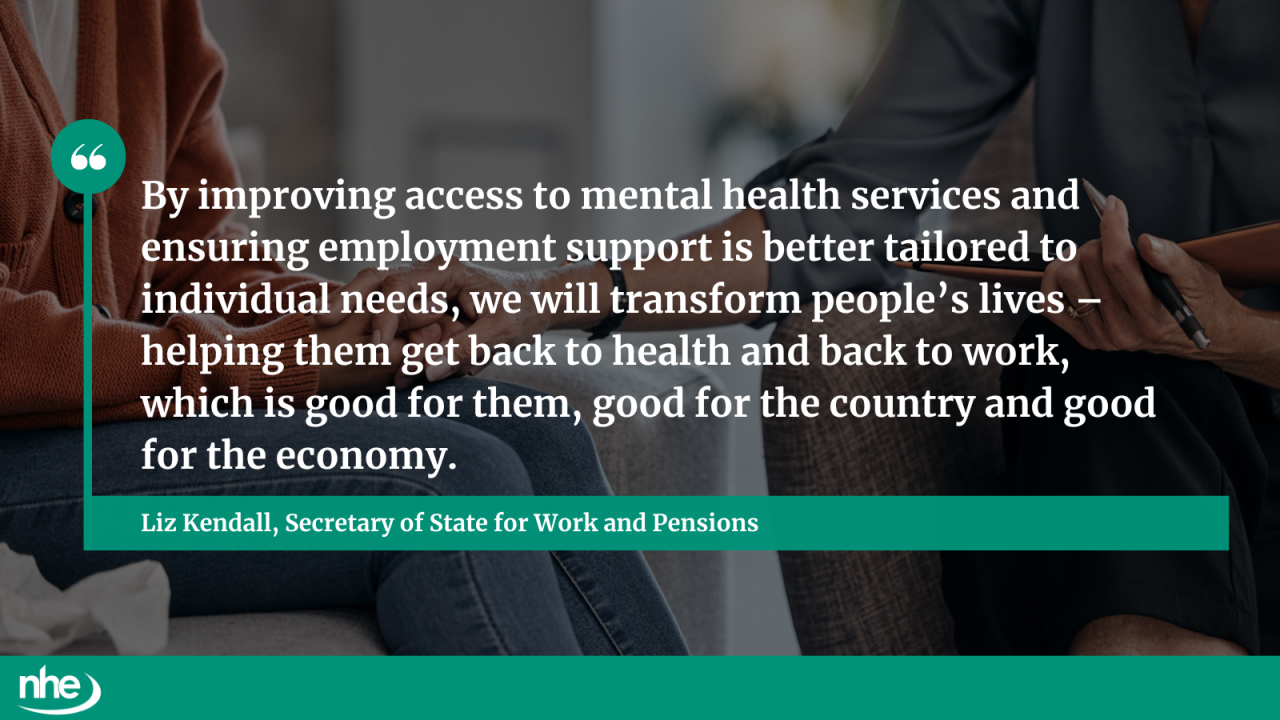More than 6,700 new mental health professionals have been recruited since July, as the government prepares to unveil its 10 Year Health Plan, which promises sweeping reforms to mental health care across England.
The recruitment milestone means the government is now over halfway to its target of 8,500 additional mental health staff by the end of this Parliament — a move designed to improve access to care and help people return to work, education, and daily life.
The upcoming 10 Year Health Plan will introduce direct access to mental health support through the NHS App, including self-referral for talking therapies — eliminating the need for a GP appointment. The app will also offer 24/7 access to support, including AI-driven virtual tools and wellbeing advice, replacing the need for costly private apps.
The plan includes the creation of 85 new dedicated mental health emergency departments, funded by £120 million secured in the latest Spending Review. These units will be open 24/7, staffed by specialist clinicians, and designed to provide a calm, supportive environment for those in crisis.
- A Neighbourhood Mental Health Model is being piloted in six locations, offering round-the-clock access to specialist care in community settings.
- Mental health support teams in schools will reach nearly one million more young people this year.
- Young Futures Hubs will launch to provide integrated mental health, career, and pastoral support for young people, staffed by youth workers and mental health professionals.
The plan also includes:
- Pharmacogenomics to personalise mental health prescriptions based on genetic profiles.
- Welfare reforms backed by £1 billion to help people with health conditions return to work.
- Public tools like the Every Mind Matters “Mind Plan”, encouraging individuals to take proactive steps for their mental wellbeing.
Liz Kendall, Secretary of State for Work and Pensions, commented:
“Too often, people with mental health conditions are left without the support they need to return to work - not because they lack the will, but because the system doesn’t work for them. We’re determined to change that.
“By improving access to mental health services and ensuring employment support is better tailored to individual needs, we will transform people’s lives – helping them get back to health and back to work, which is good for them, good for the country and good for the economy.”

A recent psychiatric survey shows that 22% of adults aged 16–64 now experience common mental health conditions — up from 17% in 2007 — highlighting the urgent need for reform.
Image credit: iStock



















